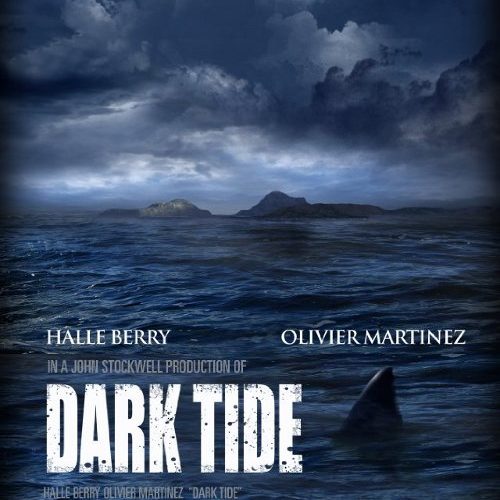 The epic war between theaters and the burgeoning video on demand market has been a bloody and acrimonious affair. When Disney tired to make Alice in Wonderland available on DVD early, theaters threatened all kinds of mayhem. The same is true regarding Universal’s attempt to give their comedy Tower Heist a day-and-date release on VOD. Now, with the news that Lionsgate and Wrekin Hill Entertainment are planning on releasing the Halle Berry-starring thriller Dark Tide on VOD just before a theatrical release, we can all wait with bated breath to see whether or not a new battle is on the horizon.
The epic war between theaters and the burgeoning video on demand market has been a bloody and acrimonious affair. When Disney tired to make Alice in Wonderland available on DVD early, theaters threatened all kinds of mayhem. The same is true regarding Universal’s attempt to give their comedy Tower Heist a day-and-date release on VOD. Now, with the news that Lionsgate and Wrekin Hill Entertainment are planning on releasing the Halle Berry-starring thriller Dark Tide on VOD just before a theatrical release, we can all wait with bated breath to see whether or not a new battle is on the horizon.
As reported by Deadline, the film is being released by Wrekin Hill, who are planning on releasing Dark Tide in a tiered distribution method. The film will begin its life on March 8th, with a three-week long Ultra VOD window, while a theatrical release will follow on March 30th . This all culminates in a packaged media/digital download release later on.
The move, while unorthodox, is seen as a fairly shrewd marketing one by Lionsgate President of Worldwide Television and Digital Distribution, Jim Packer. “The star power that Halle Berry brings to Dark Tide paired with a genre that hits VOD audiences make it a perfect addition to our Ultra VOD strategy,” as he said.
Time will tell if Packer‘s statement proves to be foolhardy or prophetic. Some smaller, independent films have toyed with being released on VOD platforms early (Melancholia and London Boulevard spring to mind), but a massive popular success of this technique is still in the wings.
The movie, meanwhile, finds Berry playing a shark expert who is struggling financially following the fatal shark attack which killed a diver under her supervision. With pressure mounting, she is forced to take a big risk when her ex-boyfriend (Olivier Martinez) presents her with the chance to lead a dangerous cage-free shark encounter with a “thrill-seeking millionaire businessman.”
Given the synopsis and the average run of VOD-released first-run features, I can’t help but feel as though this move might be more about cutting costs than trying to revolutionize the distribution industry.
What do you think? Is this an earnest attempt to forge a new path in distribution, or is there an ulterior motive at work here?

